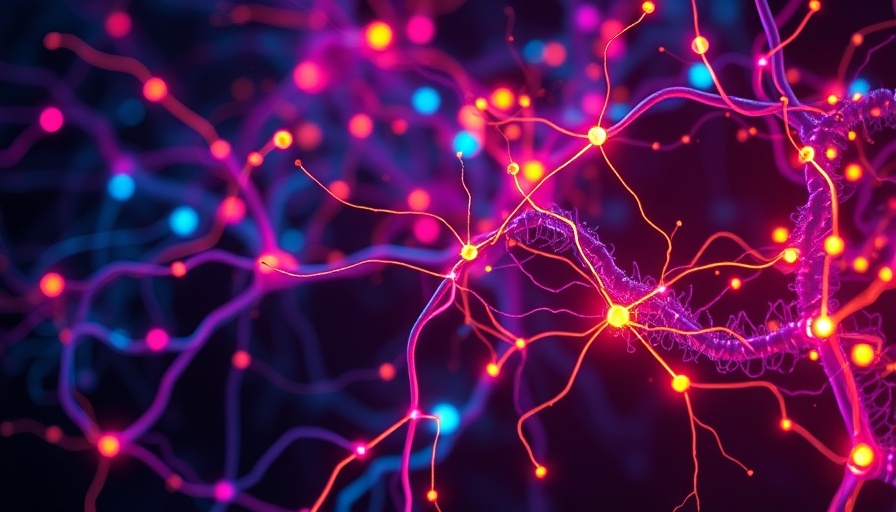
Understanding the Brain-Immune Connection in Drug Relapse
Recent research has uncovered startling links between the brain's immune system and the phenomenon of drug relapse. As individuals strive for recovery, they often face significant internal battles driven by brain mechanisms. These findings illustrate how the brain's immune responses may play a pivotal role in addiction cycles, creating pathways for relapse that many are unaware of.
The Immune System: A Surprising Player in Addiction
Traditionally, we think of the immune system as solely responsible for physical health, fighting off pathogens and maintaining bodily health. However, emerging studies demonstrate that the immune system's influence extends to mental health. The activation of immune cells within the brain can alter neurotransmitter levels, potentially leading to cravings and emotional instability. This connection is vital to understanding how to develop new therapeutic strategies aimed at preventing relapse.
Potential Solutions: Targeting Immune Responses
One of the most promising avenues for treatment involves targeting these immune responses with novel therapies. Researchers are exploring medications that can modulate these immune cells, potentially decreasing the likelihood of relapse. Such treatments offer hope for those battling addiction by directly addressing an underlying biological factor rather than merely focusing on behavioral components.
Personal Stories: Triumphs and Challenges of Recovery
The struggles of individuals in recovery highlight the nuanced landscape of addiction and relapse. Many personal narratives reveal the frustrations of battling both cravings and triggers that arise from immune system activity. By sharing these stories, we shed light on how personal experiences are intertwined with scientific findings, suggesting the need for a compassionate approach that incorporates both psychological support and emerging biological research.
Future Trends: Integrating Health & Wellness Approaches
As research progresses, integrating findings into community health initiatives might be imperative. In cities like San Antonio, health and wellness centers are emerging that target not only physical health but also incorporate mental and emotional well-being practices. Programs that advocate for nutrition, exercise, and holistic methods may provide a comprehensive framework for preventing relapse, ensuring that individuals have access to optimal health and wellness strategies during their recovery journeys.
The Call to Action: Why Understanding This Is Crucial
The implications of these findings extend beyond academic research; they resonate on a personal and community level. Understanding the connection between the brain's immune responses and drug relapse can empower individuals to make informed choices about their recovery paths. Community health and wellness resources should further educate about these links, promoting integrated approaches that support holistic recovery.
 Add Element
Add Element  Add Row
Add Row 



Write A Comment